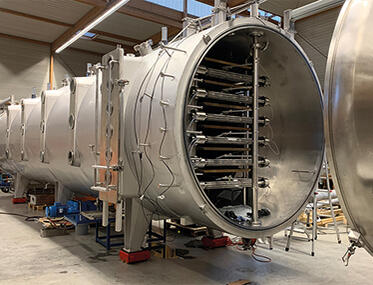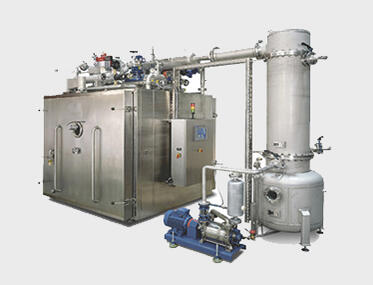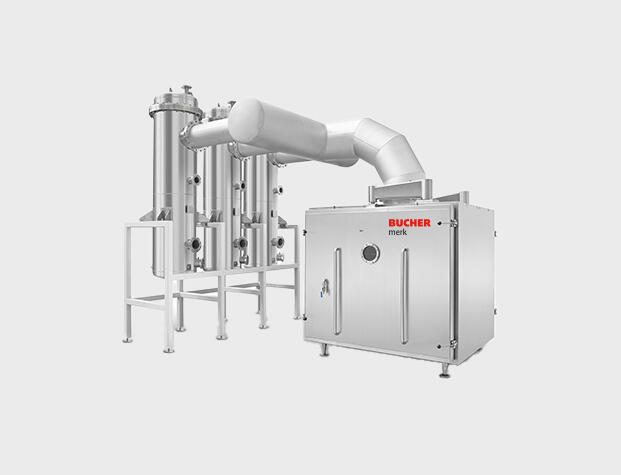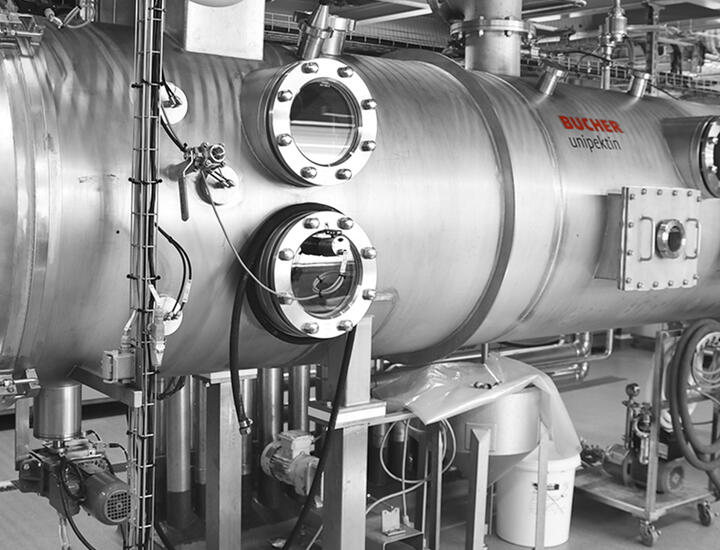Special Applications
Our equipment is suitable for many other special applications. For example, for dewatering to achieve the highest yield/dry substance and clearest filtrates of many (fibrous) products; for extracts of plants, sugar beets, onions, garlic and other foods; for gentle evaporation of heat sensitive liquids and aroma recovery; and for the filtration of liquids.
Special applications for food
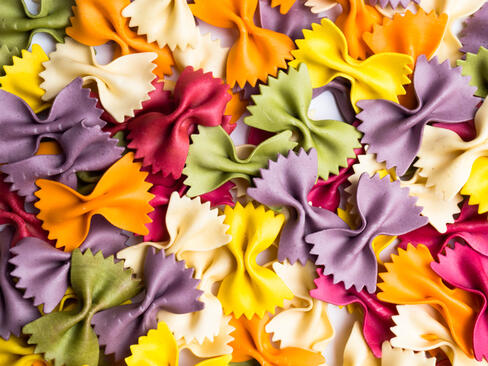
Natural dye
Colouring ingredients from fruit and plants.
Fruit and edible plants provide colouring ingredients that are increasingly important in food processing as substitutes for artificial substances.
These "colouring foods" from fruit and vegetable concentrates come in a vast palette of shining colours, with typical substances being elderberries, blackcurrants and grapes for fruit, and beetroot, red cabbage and black carrots for vegetables.
For the production of colouring ingredients, Bucher Unipektin supplies either key-components or complete production lines, starting with raw-material reception down to the concentrated liquid or vacuum dried final product.
Gelatine
The filtration of gelatine solutions.
Gelatine solutions are pure protein solutions. They are very complex liquids and need special attention for filtration. The quality differs widely depending on the raw material used (hides, skins or bones).
During the process, there are usually several filtrations required, ranging from coarse to fine and finally to sterile filtration. Depending on the method, the gelatine concentration (50 - 200 bloom) and working temperature, the filtration rates vary from 80 - 120 - 200 l/m2/h.
The plants must be built to withstand prolonged high processing temperatures of 95°C - 98°C. During this process, a sterilising and/or bleaching chemical (hydrogen peroxide) may be used (pH 1 - 14), so all parts, which come into contact with the product, must be of high-quality stainless steel AISI 316L (1.4435) or better.
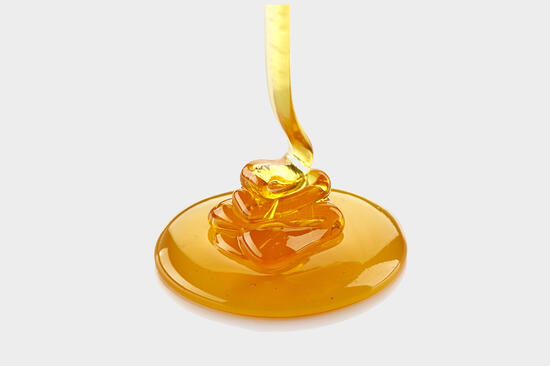
Sugar syrup
Filtration of sugar syrup
Sugar syrup used for soft drinks is mainly cane sugar with 60° - 68° brix and at a filtration temperature of 70° - 85°C. The quality of sugar syrup differs widely depending on its origin and refining process. In the beverage industry, the purity of the sugar solution is measured in ICUMSA or RBU units. A high ICUMSA or RBU reading (150 - 450) indicates poor sugar quality and is difficult to process. The internationally accepted standard for sugar syrup with 65° brix is less than 50 ICUMSA.
To reduce the ICUMSA / RBU value, the syrup is often treated with activated carbon (AC). The AC dosages range from 0.2 - 0.5 - 0.8 % (w/w). Because of the high dosage of AC, filters with a large sludge volume should be used. In cases where a continuous filtration process is required, it is advisable to use two filters so that while one filter is filtering, the second filter can be in preparation or CIP.
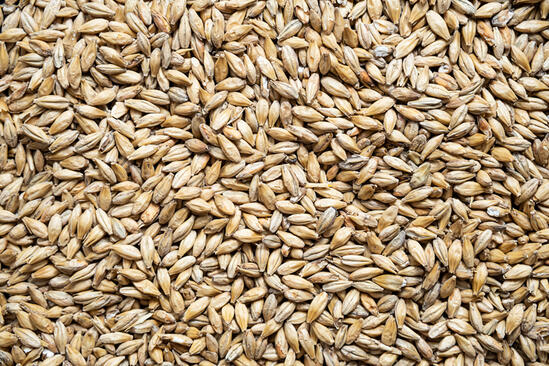
Brewer's grains
Dewatering of spent brewer's or distiller's grains.
By dewatering spent brewer's or distiller's grains, we can produce highly dry matter which reduces the drying cost significantly. These dried grains are becoming a high-value by-product for applications such as high-protein animal feed or food.

 Switzerland
Switzerland  Poland
Poland 
 Czech Republic
Czech Republic  Germany
Germany 

 Spain
Spain 